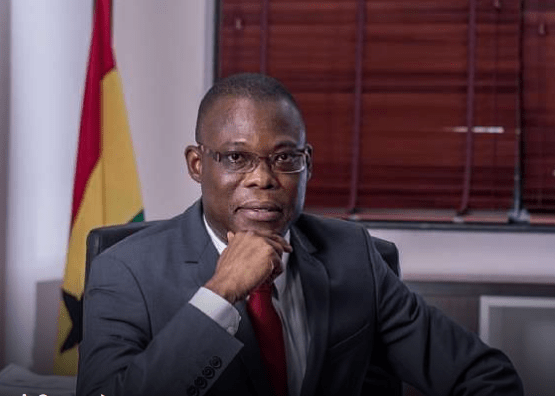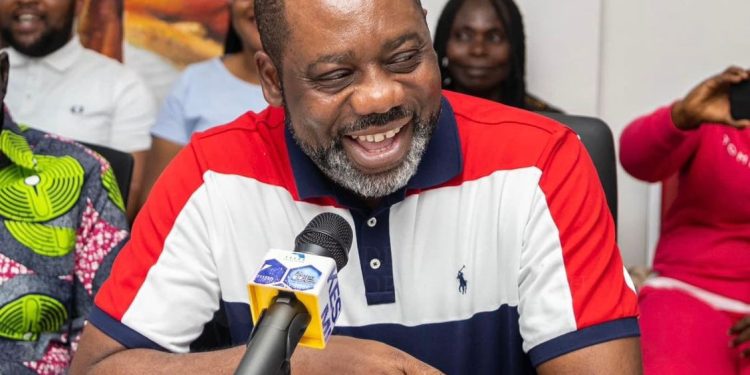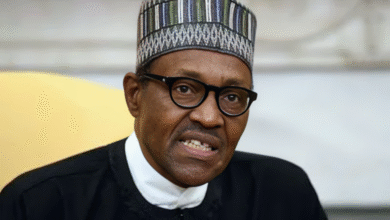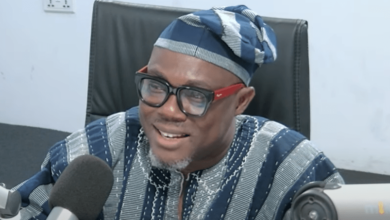Parliament must not be an appendage of the executive – Fifi Kwetey calls for constitutional reform

The General Secretary of the National Democratic Congress (NDC), Fifi Fiavi Kwetey, has made a strong case for constitutional amendments to prevent Members of Parliament from doubling as ministers of state, describing the current arrangement as deceptive and counterproductive to Ghana’s democracy.
Speaking on Channel One TV’s Face to Face programme on Tuesday, Mr Kwetey argued that Ghana’s system allows political figures to blur the line between parliamentary service and executive ambition, weakening the independence of Parliament and limiting its ability to check the executive arm of government.
“I insist that the constitutional review, one of the first things it must tackle, is to decouple this business where, if you are in Parliament, you can be elected to become a member of government,” he said.
He lamented what he described as a political culture in which individuals campaign to be legislators, only to pivot toward ministerial ambitions once elected. For Kwetey, such practices deceive the electorate and erode the true purpose of parliamentary service.
“If you want to run to become an MP, we must know that you are seeking to be an MP – not coming to use that position to deceive the country while you’re actually looking for a ministerial appointment,” he stated.
Mr Kwetey was emphatic in his warning that Parliament risks becoming irrelevant if it remains beholden to the executive.
He called for a shift in institutional power that restores parliamentary autonomy and reinforces the principle of separation of powers.
“Parliament should not be an appendage of the executive, where literally everything is about what the executive wants,” he said.
“The best way to serve the people of Ghana is to have Parliament doing its job and being able to say, ‘No, this is not acceptable.’”
Drawing comparisons to other democratic nations, Kwetey noted that in many parts of the world, becoming a minister is secondary to legislative service—not the primary goal.
“We have so many countries practising democracy, and that is not the case,” he noted. “Parliament was simply a means by which you wanted to serve your people. Becoming a minister was a bonus, not the aim.”




